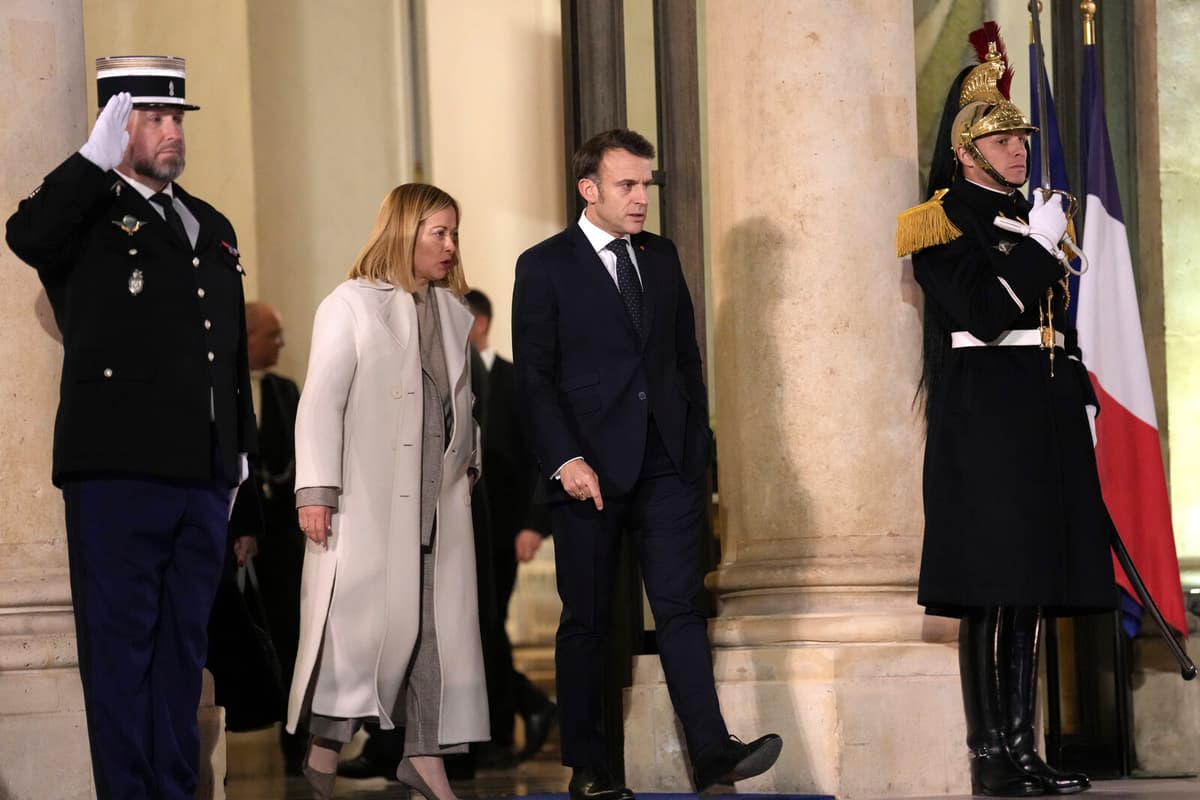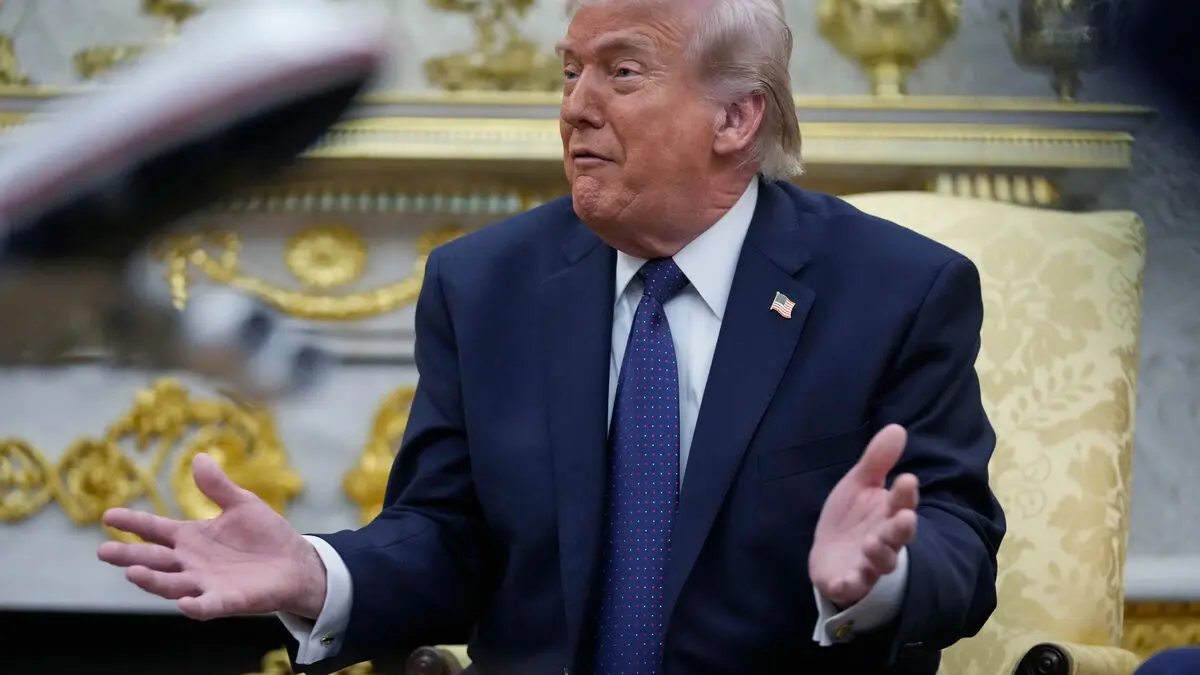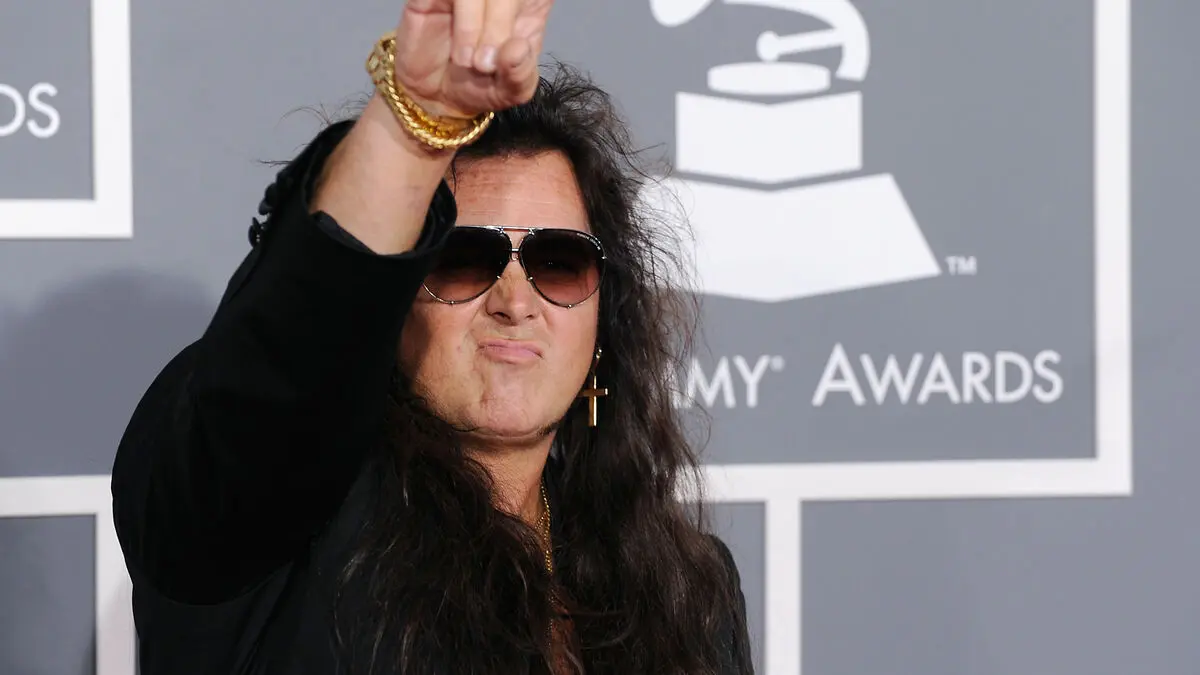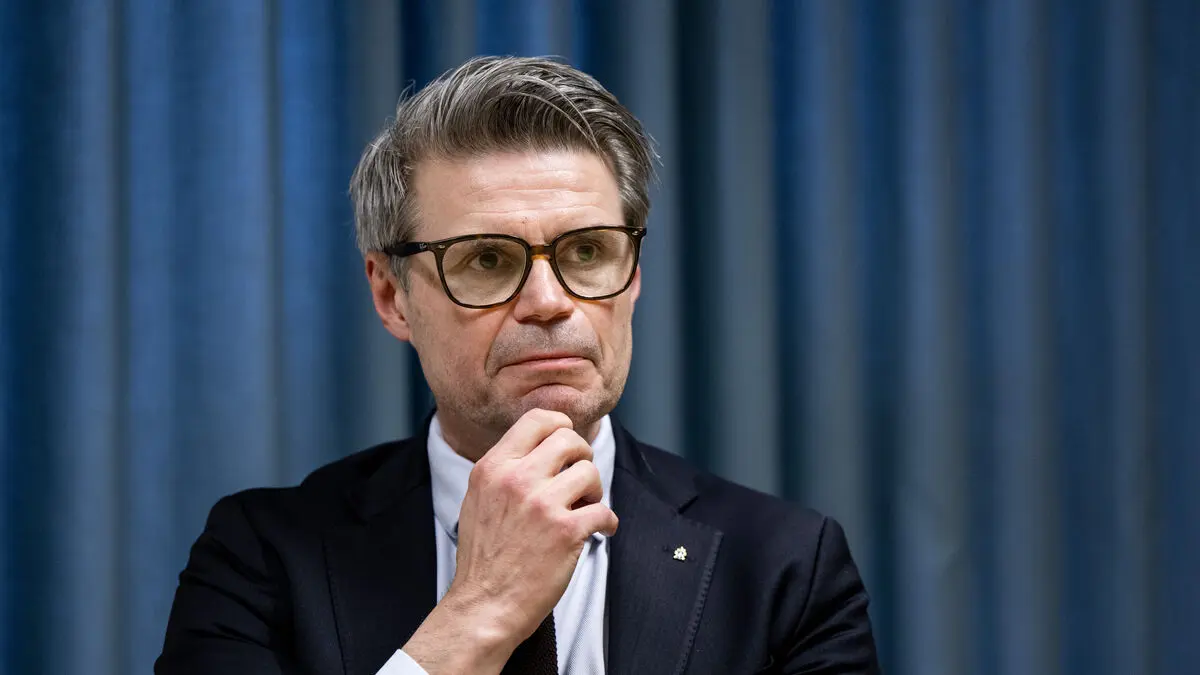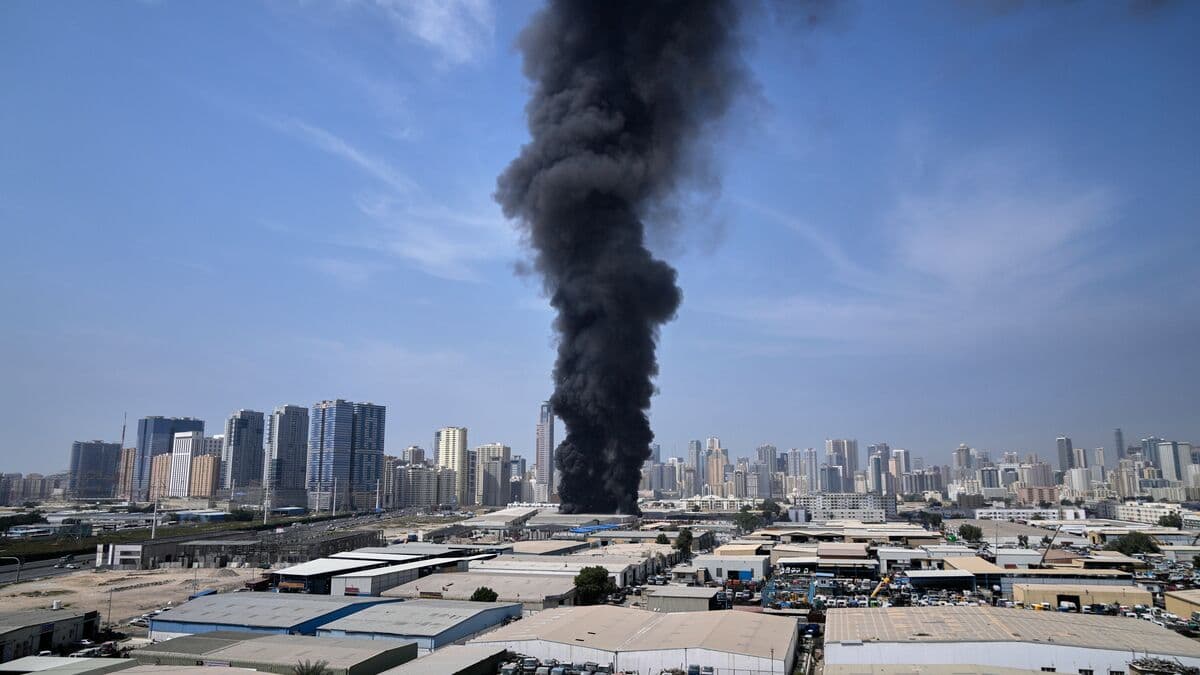On Monday, a first flash meeting was held in Paris with leaders from Germany, the United Kingdom, Italy, Poland, Spain, the Netherlands, and Denmark, as well as the EU and NATO.
According to sources, Norway, Canada, the Czech Republic, Greece, Finland, Romania, Sweden, Belgium, and the Baltic countries have been invited to the second meeting.
Sweden's Prime Minister will not travel to Paris, announces Ulf Kristersson's deputy press chief Hanna Strömberg in a written comment to TT.
"It is, of course, important to talk to our partners, especially about how we can quickly increase support to Ukraine. The countries, including Sweden, that are top ten donors to Ukraine, have a particularly important role to play." Strömberg writes and continues:
"Further talks are good, but providing concrete support is even better. Ukraine needs to be strengthened - regardless of whether negotiations begin or not. It's also about Sweden's security."
Security Guarantees in Focus
The first meeting largely dealt with security guarantees against Russian aggression.
"Security guarantees must be robust and reliable. Any other decisions without such guarantees - like a fragile ceasefire - would only serve as another deception from Russia and a prelude to a new Russian war against Ukraine or other European nations," wrote Ukraine's President Volodymyr Zelenskyj on X after the meeting.
French President Emmanuel Macron announced that he, before talking to Zelenskyj, had also spoken with US President Donald Trump after the meeting.
"We strive for a strong and lasting peace in Ukraine. To achieve this, Russia must end its aggression, and this must be accompanied by strong and credible security guarantees for the Ukrainians," Macron writes on X.
"We will work on this together with all Europeans, Americans, and Ukrainians," he writes.
Fearing a Repeat of 2014
Zelenskyj says that Macron informed him about the latest talks with other leaders and that they agreed on continued contact ahead of major decisions.
Macron emphasizes in his statement that without security guarantees for Ukraine, there is a risk that an impending ceasefire will end like the Minsk Agreements.
The agreements, from 2014 and 2015, aimed to achieve a ceasefire in eastern Ukraine and put an end to the conflict, following Russia's illegal annexation of Crimea and occupation of parts of Donetsk and Luhansk. The agreements had hardly any effect at all, and Russia launched its full-scale invasion of Ukraine on February 24, 2022.
The European leaders who met in Paris on Monday to discuss Ukraine and European security largely agreed on the following points, according to an EU official:
+ We agree with President Trump on a strategy based on "peace through strength".
+ We believe it is dangerous to agree on a ceasefire without simultaneously entering into a peace agreement (a lesson from the Minsk Agreements).
+ We are willing to provide security guarantees, with details being explored by each party, depending on the level of support from the USA.
+ We are willing to increase our defense budgets, both individually and within the EU, to better share the burden with the USA.

